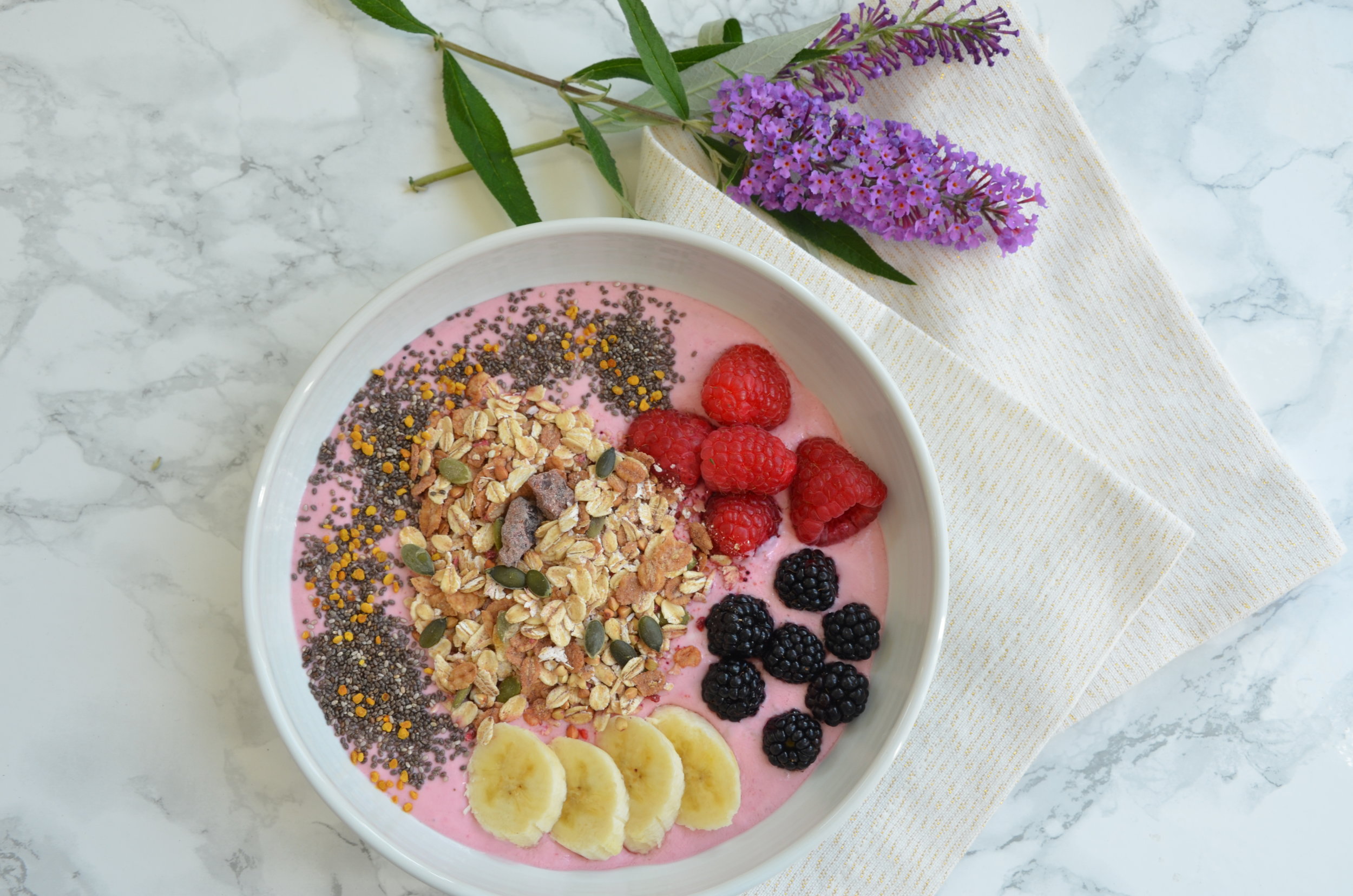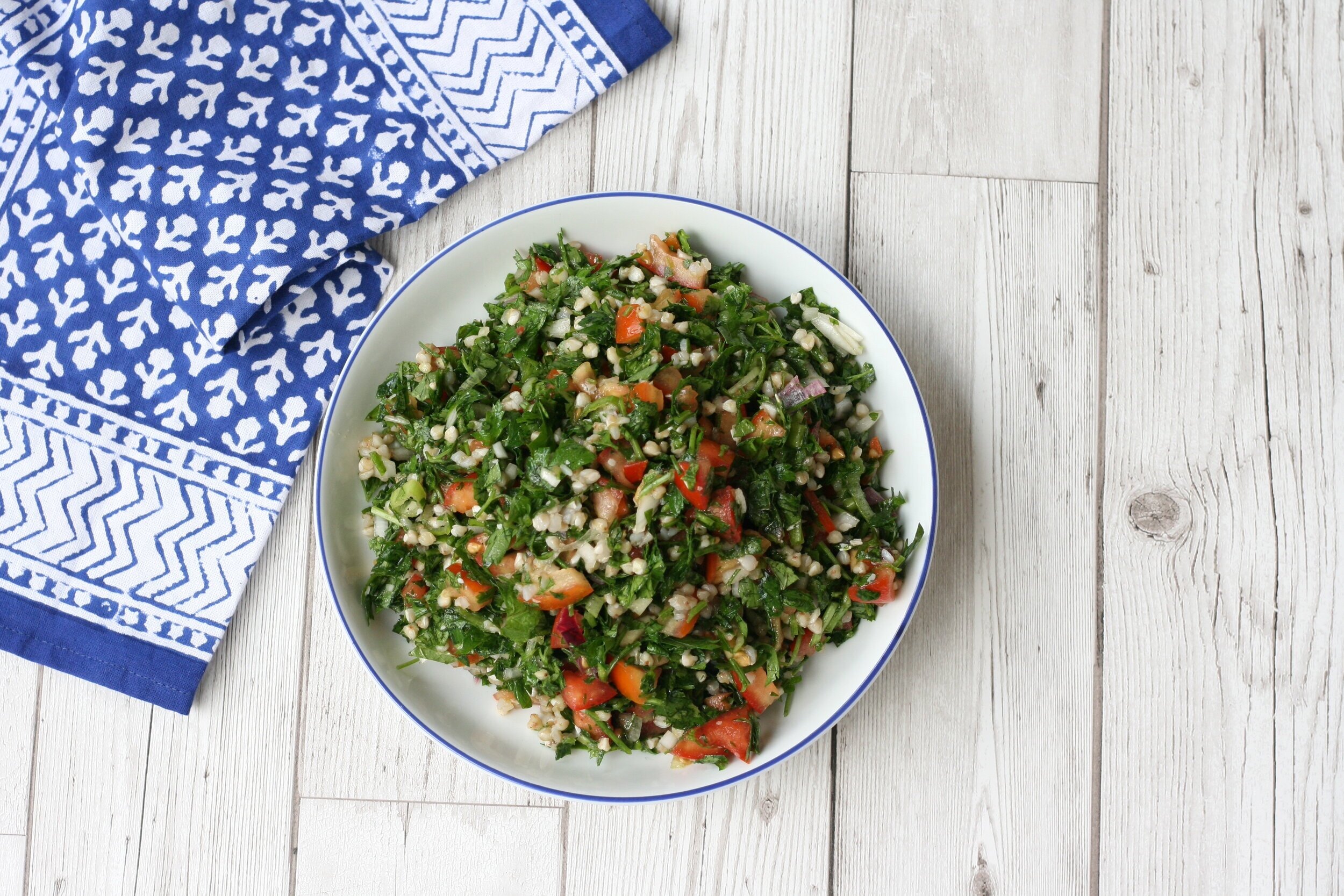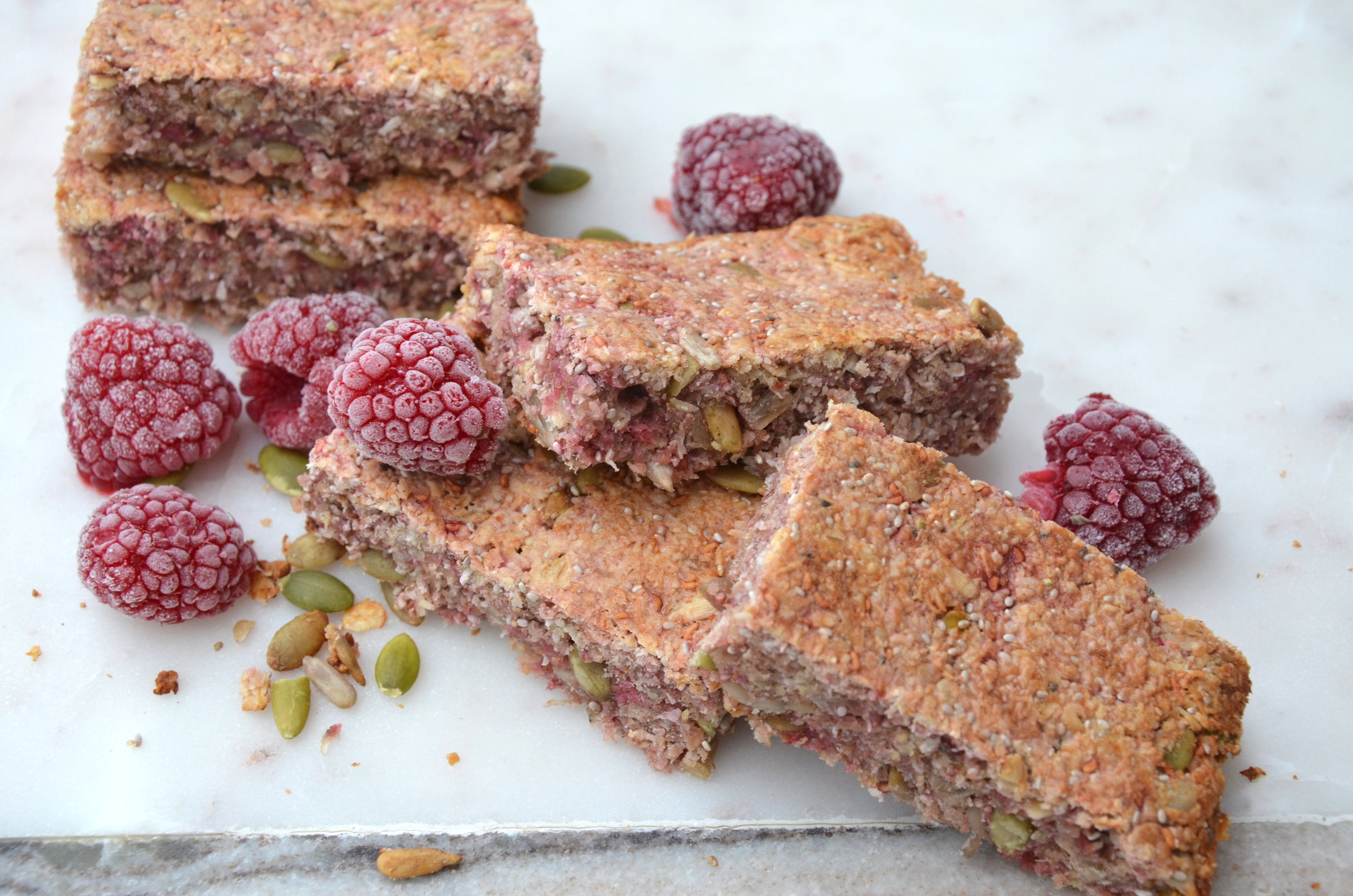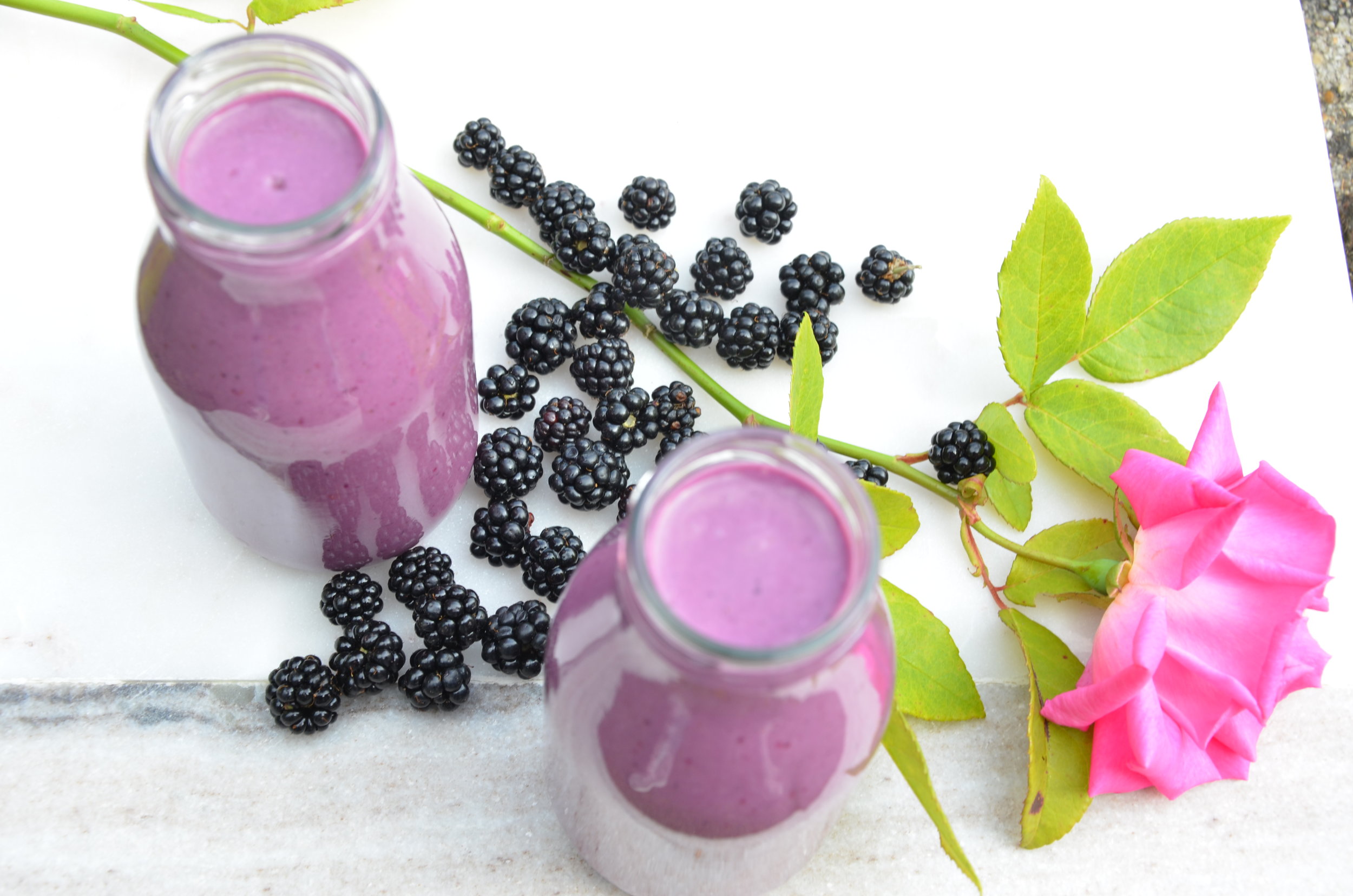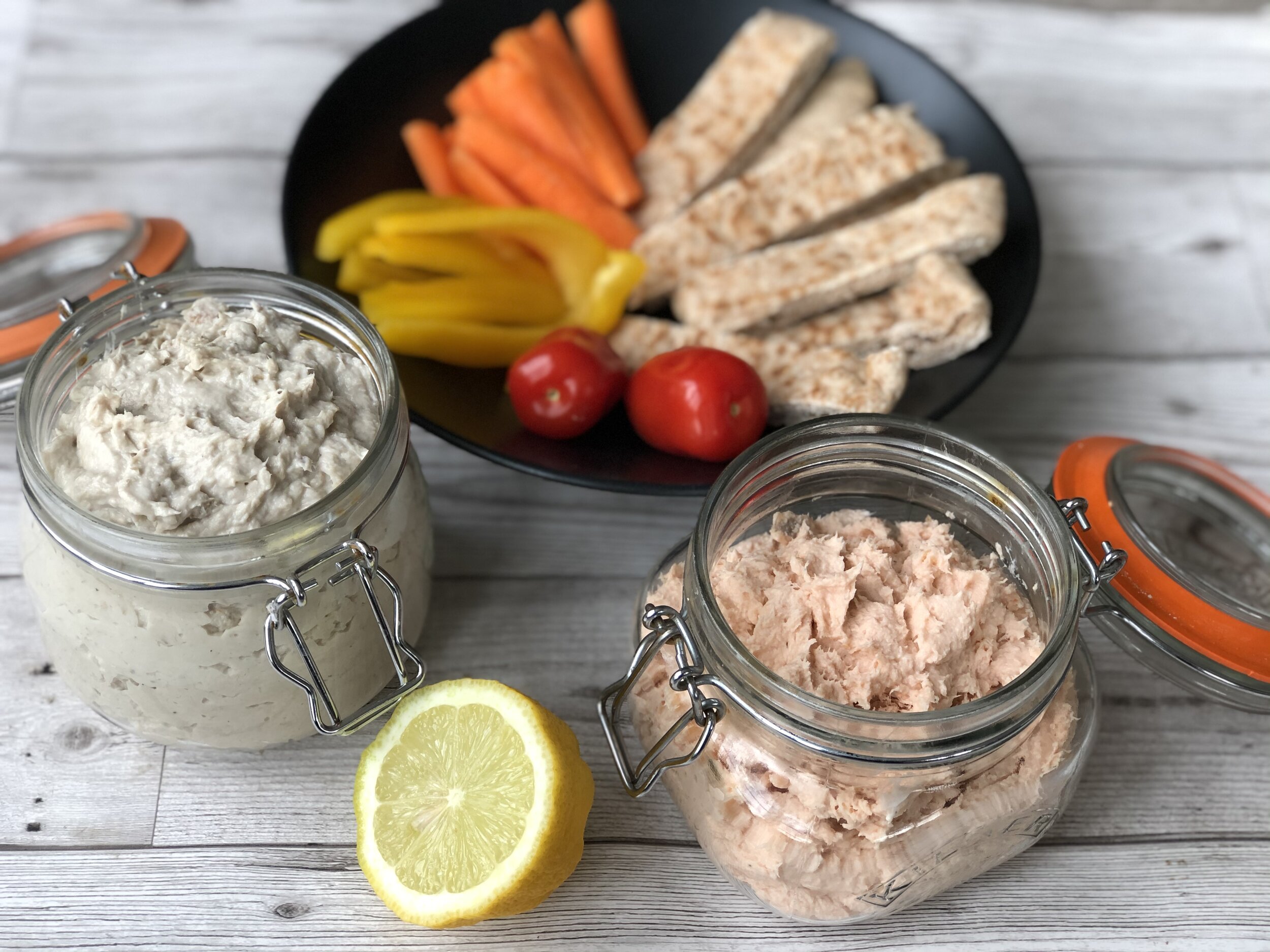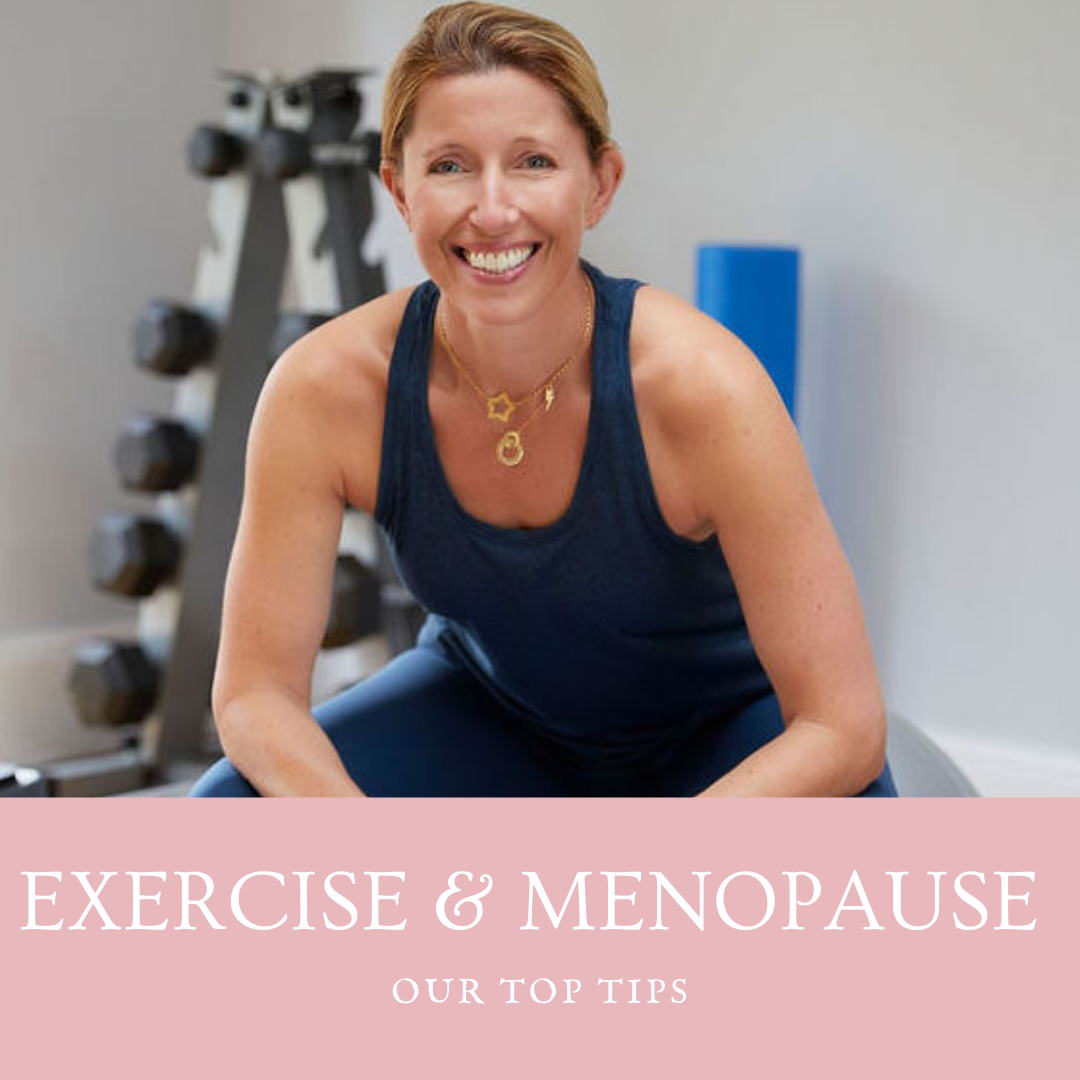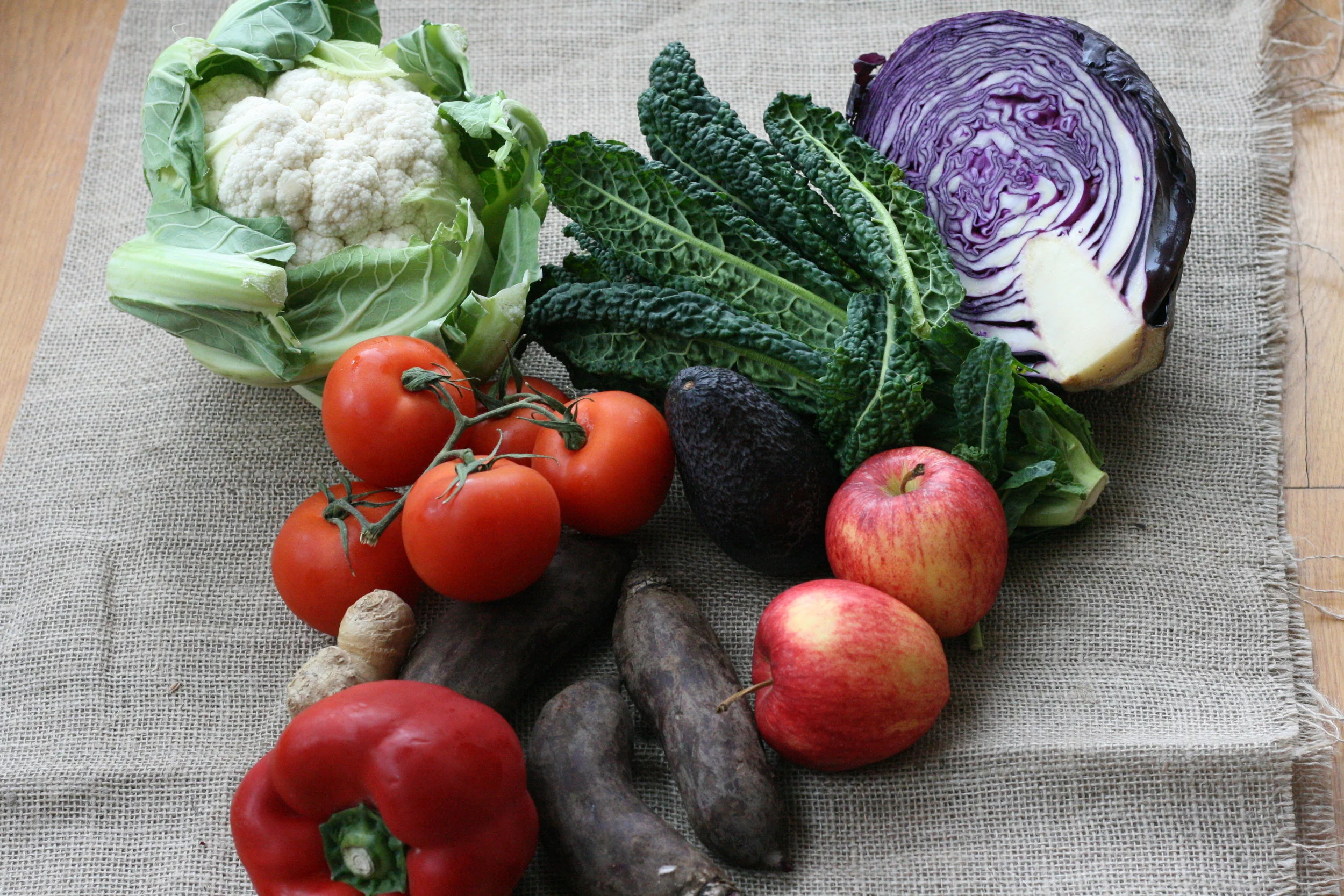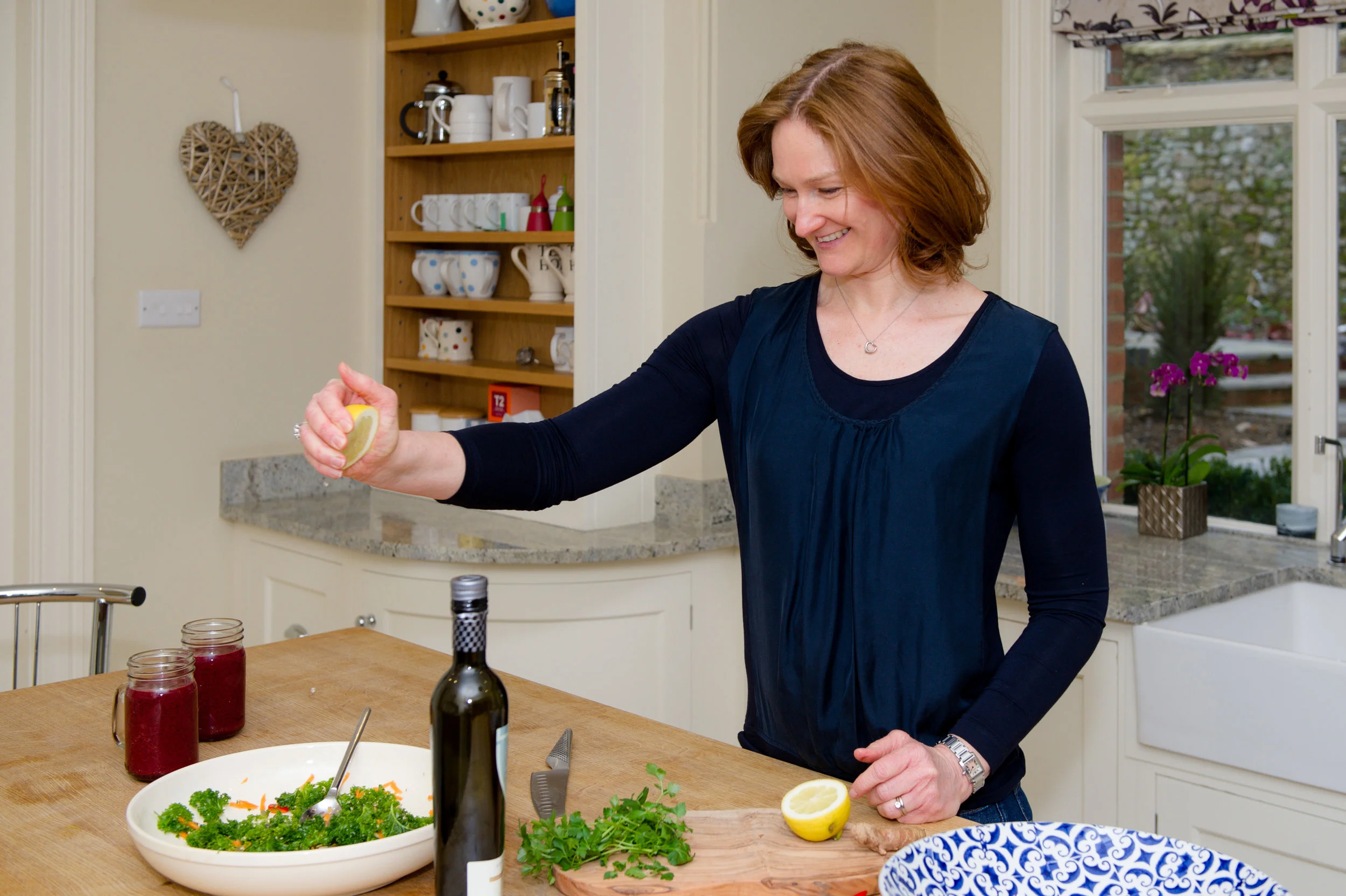Declining muscle mass is part of ageing, but you can do something about it!
Age-related muscle loss, also called sarcopenia, is a totally natural part of ageing. From the age of 30, you begin to lose as much as 3% to 5% per decade. Less muscle means greater weakness, less mobility, more daily struggles and aches and less balance / stability therefore leading to an increased risk of falls and fractures.
For women over 40, with the added risk of loss of bone density through hormonal changes associated with peri menopause and menopause, this paints a pretty bleak picture for those not engaging in some form of strength training exercises.

